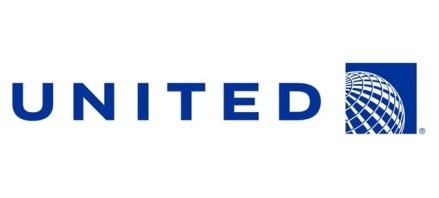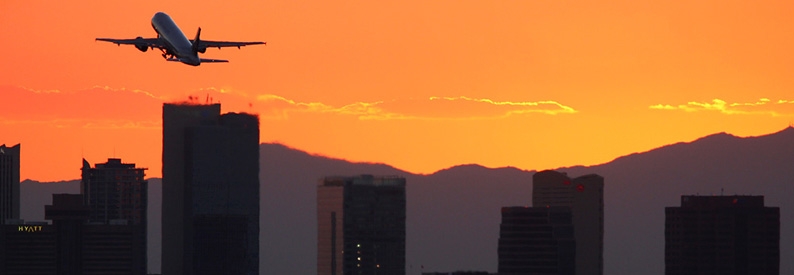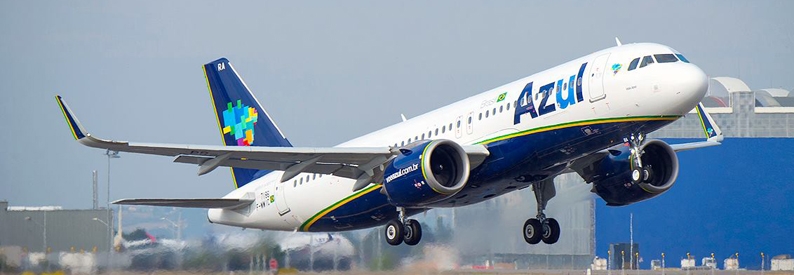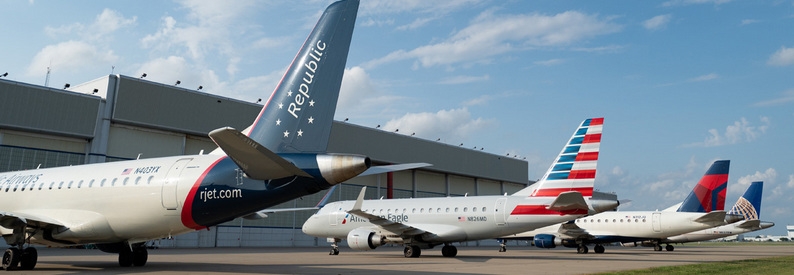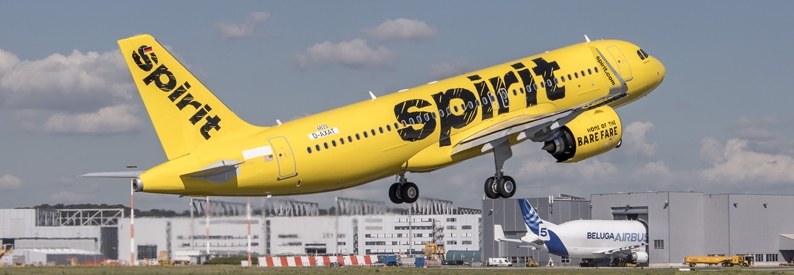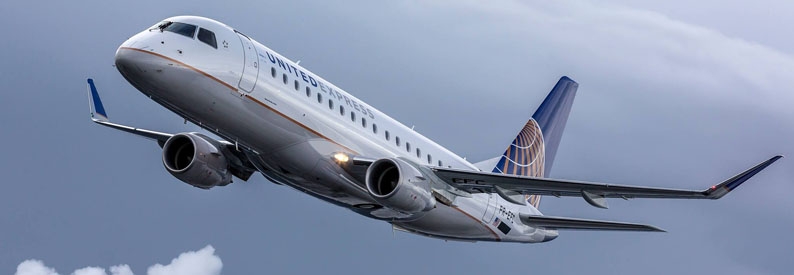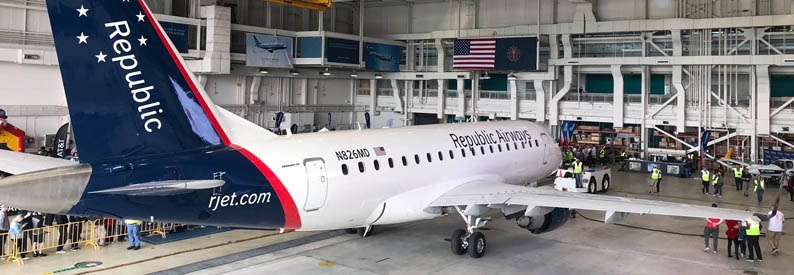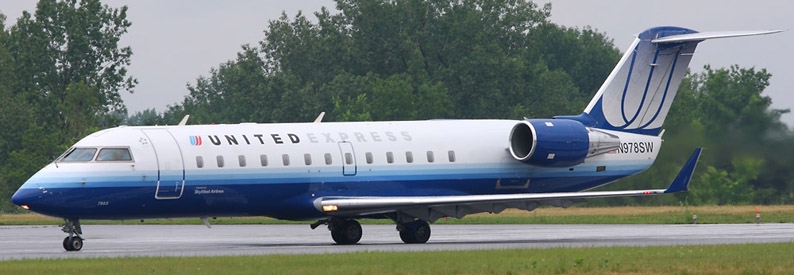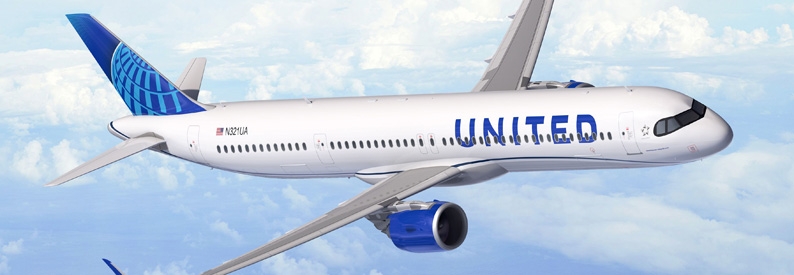The Indian government has denied an application by United Airlines (UA, Chicago O'Hare) to codeshare with Emirates (EK, Dubai International) on routes between the UAE and India claiming the proposed arrangement falls outside the existing United Arab Emirates (UAE)-India bilateral air services agreement, which does not allow for codeshare services by airlines with second-party airlines.
Emirates provides scheduled passenger flights between its Dubai hub and the Indian cities of Delhi International, Kolkata, Ahmedabad, Mumbai International, Hyderabad International, Bengaluru International, Chennai, Kochi International, and Thiruvananthapuram. It is the largest operator on the country pair and, according to ch-aviation Commercial Aviation Operator Capacity Data data, offers 61,206 seats per week each way across these routes on a total of 342 weekly flights.
In September 2022, United Airlines and Emirates announced a commercial agreement that resulted in United starting scheduled services between New York Newark and Dubai to feed traffic to and from 100 plus routes operated by Emirates and its low-cost sister carrier, flydubai (FZ, Dubai International). "Our hub Dubai essentially becomes a gateway for United to reach Asia, Africa and the Middle East," said Emirates president Tim Clark at the time.
"United approached the Indian government asking for permission to put their code on our flights from India but hasn’t been allowed by the government to do so," Clark told media in Istanbul this week. "India has always been a bit mysterious when it comes to giving access to Emirates. This stance doesn’t help anybody as it (India) is a country with high GDP growth and a large non-resident Indian population who wants to travel. I don’t think this stance does anybody a favour."
The UAE is attempting to alter a 2014 air services agreement with India, which presently limits the number of weekly seats an airline can operate between the two countries. The current weekly cap is 66,000, which Emirates wants to increase by 50,000. Thus far, the Indian government has shown little interest in altering the present arrangements, which provide a degree of protection to India-based carriers. Two months ago, Campbell Wilson, the CEO of Air India (AI, Delhi International), urged the government not to "open the floodgates" to foreign airlines, arguing that it was in the national interest to protect his airline.
- Type
- Base
- Aircraft
- Destinations
- Routes
- Daily Flights
